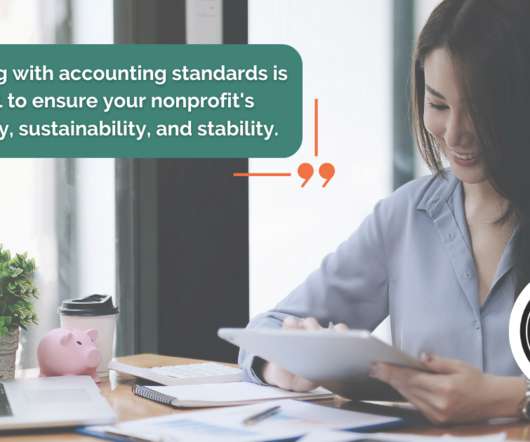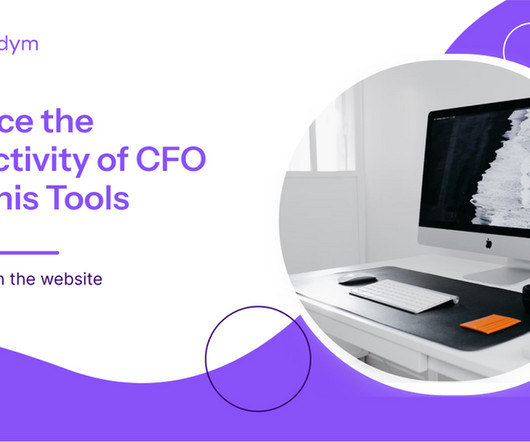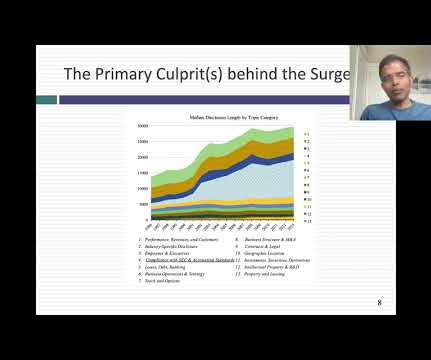IBM Cognos Controller: Financial close management managed by the office of finance
Future CFO
APRIL 18, 2022
DOWNLOAD NOW. The post IBM Cognos Controller: Financial close management managed by the office of finance appeared first on FutureCFO.

Future CFO
APRIL 18, 2022
DOWNLOAD NOW. The post IBM Cognos Controller: Financial close management managed by the office of finance appeared first on FutureCFO.

The Charity CFO
JANUARY 19, 2023
Because of their unique structure and operational model, nonprofits must comply with various accounting standards that are, in many ways, different from for-profit organizations. In the United States, these Generally Accepted Accounting Principles (or GAAP) are set by the Financial Accounting Standards Board (FASB).
This site is protected by reCAPTCHA and the Google Privacy Policy and Terms of Service apply.

Planful
SEPTEMBER 6, 2021
Include critical accounting policies in the notes with the relevant items. Planful offers a robust library of reporting formats and distribution options, so you’re able to produce a variety of interactive financial and management reports from one source of truth. Since implementing Planful, Thule immediately saw improvement.

Spreadym
AUGUST 10, 2023
The best financial reporting software solutions , Spreadym : an easy-to-use platform that is widely used for financial planning and analysis. QuickBooks: A widely used accounting software that offers robust financial reporting capabilities, suitable for small and medium-sized businesses.

Planful
JUNE 22, 2017
But in the accounting world, “financial consolidation” is a well-defined process that includes several complexities and accounting principles. Here are the key accounting consolidation steps in the finance consolidation process : Collecting trial balance data (e.g.,

Musings on Markets
JULY 14, 2021
Almost in parallel, accounting as a profession found its footing and worked on creating rules that would apply to reporting, at least at publicly traded companies, with GAAP (Generally Accepted Accounting Principles) making its appearance in 1933.
Let's personalize your content